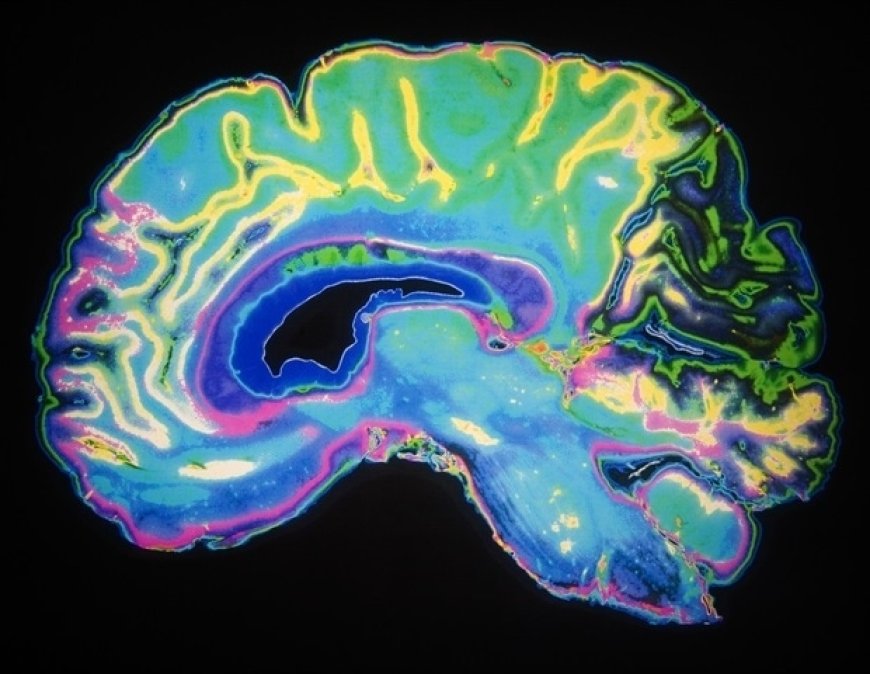Study Shows New Neurons Form in the Brain's Memory Center Throughout Adulthood
A recent study published in the journal Science reveals that neurons in the hippocampus, a crucial brain region for memory and learning, continue to develop even in late adulthood. Researchers at Karolinska Institutet in Sweden have identified neural progenitor cells responsible for this ongoing neurogenesis, shedding light on the brain's adaptability. The findings offer hope for potential treatments targeting neurodegenerative and psychiatric disorders.

A study in the journal Science reveals that neurons in the hippocampus, the brain's memory center, continue to form in late adulthood. The research from Karolinska Institutet in Sweden addresses a long-debated question about the adaptability of the human brain.
The hippocampus is crucial for learning, memory, and emotion regulation. In 2013, Jonas Frisén's team at Karolinska Institutet demonstrated that new neurons can develop in the adult human hippocampus by analyzing carbon-14 levels in brain tissue DNA.
Despite debates on the extent of neurogenesis, the study confirms the existence of neural progenitor cells that give rise to new neurons in the adult hippocampus. By examining brain tissue from individuals aged 0 to 78 years, researchers identified different stages of neuronal development using advanced techniques like single-nucleus RNA sequencing and flow cytometry.
The study localized the newly formed cells in the dentate gyrus of the hippocampus, a region crucial for memory and learning. The findings suggest similarities in adult neurogenesis between humans and other animals, with potential implications for regenerative treatments in neurodegenerative and psychiatric disorders.
The study, led by Jonas Frisén, was a collaborative effort with researchers from Karolinska Institutet and Chalmers University of Technology in Sweden. Funding was provided by various organizations, including the Swedish Research Council and the European Research Council.
According to the source: News-Medical.
What's Your Reaction?
 Like
0
Like
0
 Dislike
0
Dislike
0
 Love
0
Love
0
 Funny
0
Funny
0
 Angry
0
Angry
0
 Sad
0
Sad
0
 Wow
0
Wow
0




































































































































































